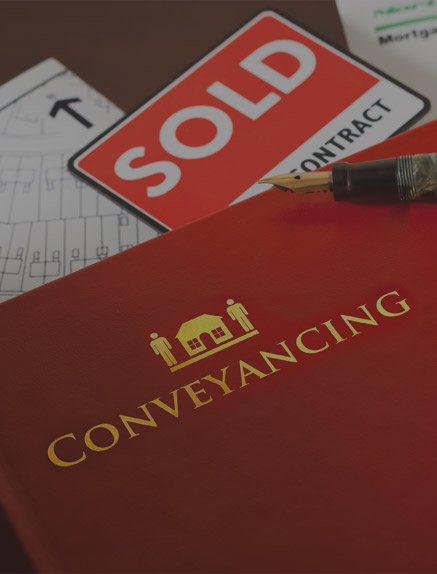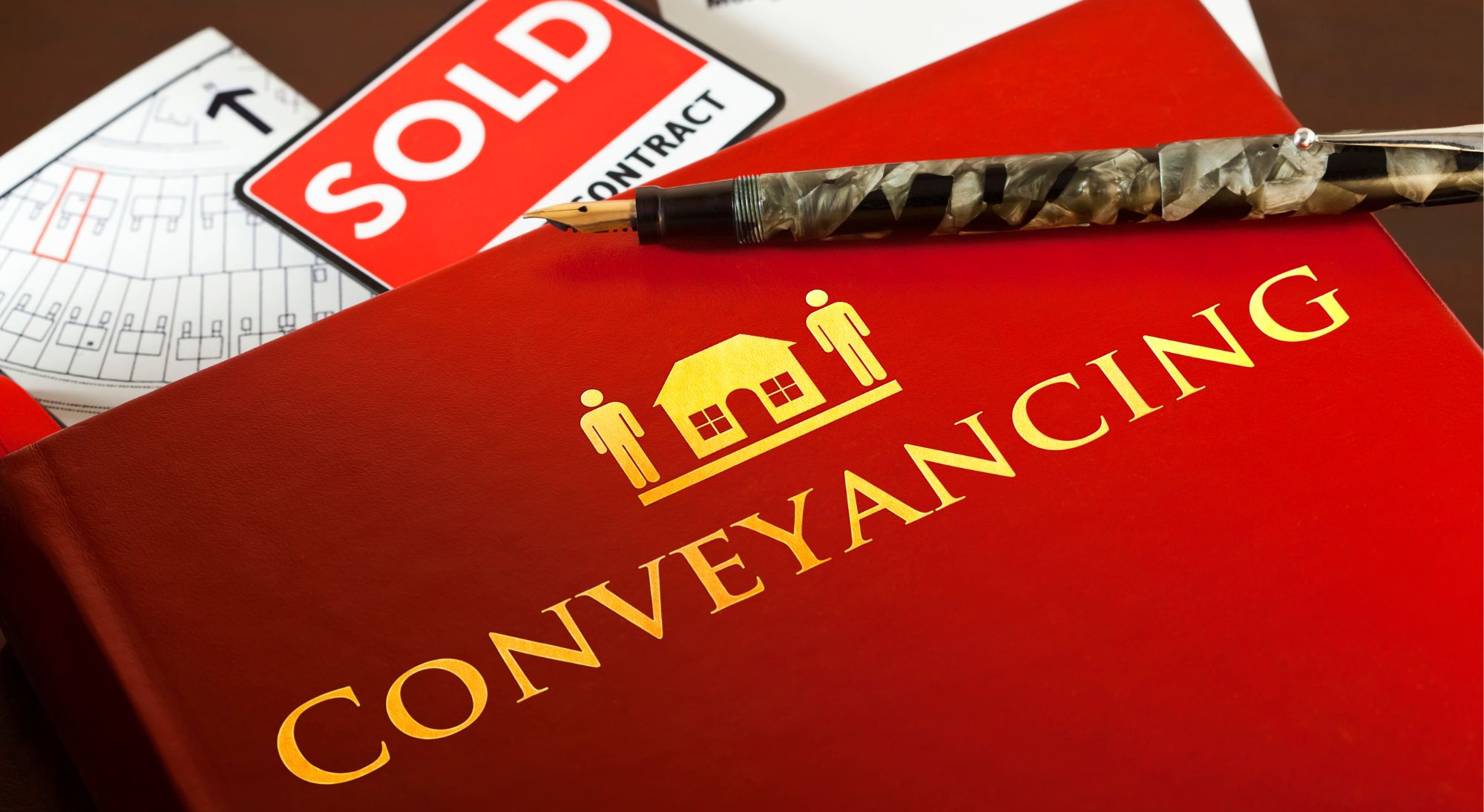

Legal due diligence is a critical step in any property transaction, whether you’re buying or selling. It involves conducting thorough investigations and reviews of legal documents, contracts, and other relevant information to identify any potential legal issues that may arise during the transaction process. In this blog post, we will provide an overview of legal due diligence and explain why it’s crucial for both buyers and sellers to conduct due diligence before entering into a property transaction. We will also highlight the types of legal due diligence that may be required, the risks of not conducting adequate due diligence, and how a legal firm like Classic Conveyancing Company can assist buyers and sellers with legal due diligence during a property transaction.
Legal Issues in Property Transactions and the Role of Due Diligence:
Property transactions can be complex, and various legal issues can arise during the process. These issues may include hidden debts or liens on the property, zoning or planning restrictions, environmental concerns, lease agreements, strata agreements, and building contracts. By conducting comprehensive due diligence, buyers and sellers can identify and address these legal issues upfront, minimizing risks and ensuring a smooth transaction process.
Types of Legal Due Diligence in Property Transactions:
Legal due diligence involves conducting thorough investigations and reviews of various legal documents and information related to the property. The types of legal, due diligence that may be required can vary depending on the nature of the property and the transaction. Some common types of legal, due diligence include:
Title Searches: Conducting searches of the property’s title records to verify ownership, encumbrances, liens, and any other legal issues related to the title.
Zoning and Planning Inquiries: Reviewing zoning and planning regulations to ensure that the property is being used and developed in compliance with the local laws and regulations.
Environmental Assessments: Assessing the property for any potential environmental risks, such as contamination or pollution, and ensuring compliance with environmental laws and regulations.
Contract and Legal Document Reviews: Thoroughly reviewing all contracts and legal documents related to the property, including lease agreements, strata agreements, building contracts, and other relevant documents, to identify any potential legal issues or risks.
Importance of Reviewing Contracts and Legal Documents
Contracts and legal documents play a crucial role in property transactions, and reviewing them thoroughly as part of the due diligence process is essential. These documents outline the transaction’s terms and conditions, including the parties’ rights and obligations. By reviewing contracts and legal documents, buyers and sellers can ensure that they understand the terms of the transaction, identify any potential legal issues or risks, and make informed decisions.

Risks of Not Conducting Adequate Due Diligence:
Failing to conduct adequate legal, due diligence can expose both buyers and sellers to significant risks and consequences. Some of the risks of not conducting adequate due diligence in a property transaction may include:
Financial Losses: Hidden debts, liens, or other legal issues discovered after the transaction can result in financial losses for both buyers and sellers. For example, if a buyer discovers a lien on the property after the transaction, they may be responsible for paying off the lien, resulting in unexpected financial burdens. Similarly, if a seller fails to disclose certain legal issues during the transaction, they may face legal disputes and financial penalties.
Legal Liabilities: Failing to identify and address legal issues during due diligence can result in legal liabilities for both buyers and sellers. For example, if a buyer purchases a property without conducting proper title searches and later discovers that the seller did not have legal ownership of the property, they may face legal disputes and potential loss of ownership rights. On the other hand, if a seller fails to disclose material facts about the property, such as environmental risks or building defects, they may be held liable for misrepresentation or fraud.
Delayed or Failed Transactions: Legal issues discovered during due diligence can cause delays or even failure of the transaction. For instance, if a buyer discovers zoning or planning restrictions that prevent them from using the property as intended, they may choose to back out of the transaction or renegotiate the terms. Similarly, if a seller fails to disclose lease agreements or other legal obligations associated with the property, the buyer may choose to terminate the transaction.
Reputation Risks: Failing to conduct proper due diligence can also result in reputation risks for both buyers and sellers. In today’s competitive real estate market, word travels fast, and negative experiences related to legal issues can impact the reputation of both buyers and sellers. This can affect their ability to conduct future transactions and may have long-term consequences on their business or personal reputation.
How a Legal Firm Can Assist with Due Diligence:
Navigating the legal complexities of property transactions can be challenging, and seeking assistance from a legal firm like Classic Conveyancing Company can provide valuable support. Some ways in which a legal firm can assist with due diligence include:
Conducting thorough title searches and reviewing property records to verify ownership, encumbrances, liens, and other legal issues related to the title.
Reviewing contracts and legal documents related to the transaction, including lease agreements, strata agreements, and building contracts, to identify any potential legal issues or risks.
Assessing zoning and planning regulations to ensure compliance and identify any restrictions or limitations on the property’s use and development.
Conducting environmental assessments to identify any potential environmental risks or compliance issues.
Providing legal advice and guidance throughout the transaction process, including negotiating and drafting legal documents, addressing legal concerns, and mitigating risks.
By partnering with a Australian legal firm, buyers and sellers can ensure that their legal and financial interests are protected, and potential legal issues are identified and addressed before they become problematic.
